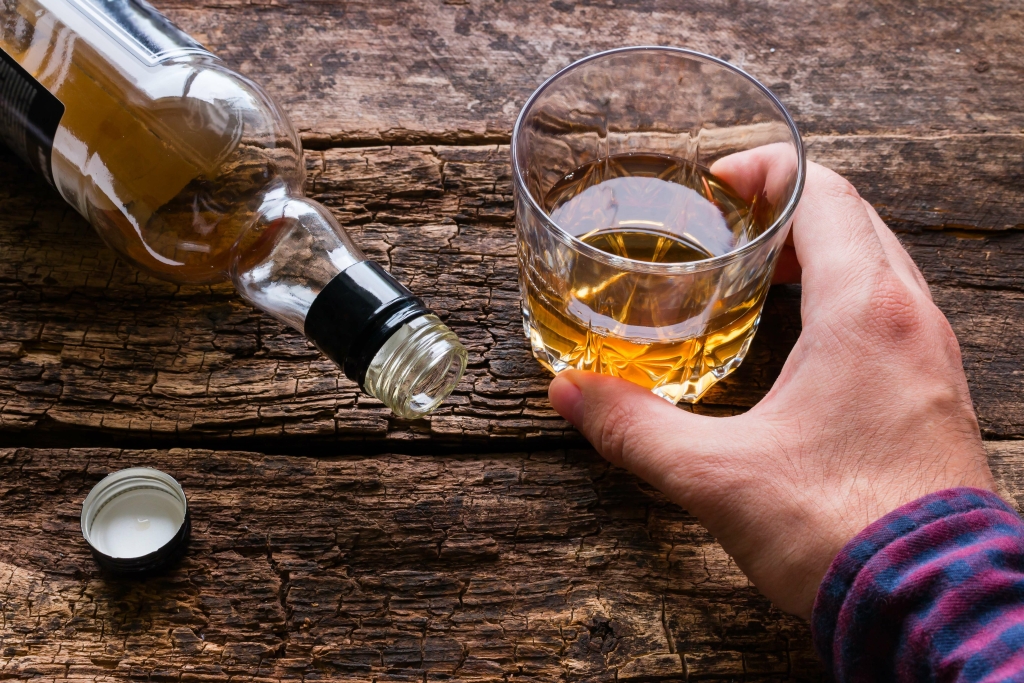Sobriety Strategies: 13 Tips for Staying Sober
Content
- What Percentage Of AA Members Stay Sober?
- Don’t stress over discouraging statistics.
- Stay Active During No Alcohol November
- Most Private Insurance Accepted. Verify Your Benefits Today!
- Don’t Let One Slip Become a Relapse!
- Are New Year’s Resolutions Destined to Fail? Here Are Six Lessons to Make Change Stick
Part of recovery involves an honest look in the mirror and acknowledgment of our weaknesses. For this coping method, sit down and take stock of what feelings lead you to relapse or near-relapse. These can be feelings of anger,shame, loneliness or tiredness. Along with each feeling, list one or more healthy ways to address the feeling, such staying sober as calling a friend for loneliness. When a craving starts to build, take out your list and ask yourself what you’re really feeling deep down. Then, address the feeling without resorting to your addictive behavior using the healthy responses you have included in your list. It’s hard enough to stay sober when life is on an even keel.
- Those who are in recovery should be aware of the healthy and sober ways to show others you still like to have fun and let loose .
- Drug addiction and alcoholism are not a choice, they are in fact diseases.
- Patients; regain control over drug use, compulsive use ends, they are no longer using despite harm, and many patients report no cravings.
- If you are struggling to stay sober, then start skipping events.
- Remember, there is no shame in succumbing to cravings or having a relapse is normal.
We also work with out of network insurance and are ready to answer your questions about coverage. Violation of the federal law and regulations by a practice/program is a crime. Suspected violations may be reported to appropriate authorities in accordance with federal regulations.
What Percentage Of AA Members Stay Sober?
Total abstinence may be the goal, but the reality is that setbacks are common. The following drug & alcohol sobriety tips will https://ecosoberhouse.com/ help you lead a life free of your addiction. Volunteering to help others can do a great deal to help you remain sober.

It is important to attend all the post recovery rehab sessions to make sure you are on the right path. If you feel compelled towards substance use, you should discuss it with your consultant and they can help you take appropriate steps for staying on track in sobriety. Don’t be afraid to reach out to your support network. One of the difficulties of getting clean without rehab is that you don’t have the built-in support network that develops in rehab. If you are in this position, reach out to trusted family members and your twelve-step group to form a support network.
Don’t stress over discouraging statistics.
By staying close to home, sober and off the roads where those who are drinking may also be driving, you will be set up to have many more happy and sober holidays to come. Many youth groups, colleges and community centers now offer sober holiday celebrations as a way for students and others to avoid binge drinking. In cities like New York, “Sober St. Patrick’s Day” events welcome those who want to celebrate Irish culture without a beer in hand. Some organizations host annual alcohol-free events at ice skating rinks or other venues where Irish dancing or arts and crafts are featured. Research local options such as these and share the information with your peers in recovery.
So once you’re reinserted into your daily life with the same routine as before — minus the alcohol — it’s undersandable why someone would struggle adjusting to staying sober. So whether you’re a skeptic, a believer, a data-driven engineer or artistic painter, a few of these tips should apply. You may also experience what is commonly called sobriety fatigue, which refers to the overall exhaustion that may occur as a result of the emotional and physical stress of staying sober. So, it’s extra helpful to have a support network available to you when you need it. But for most people, staying sober isn’t that straightforward. The more strategies you learn to identify triggers, cope with stress, and manage your new sober life, the easier it is to prevent relapse.
Stay Active During No Alcohol November
When you take the opportunity to connect with others—to see, value and honor their experience—you exercise empathy. You exist outside of yourself, and you begin to notice all the blessings your life already contains.

One of the most critical factors in long-term success with sobriety is having a robust support system of people who care about you and understand your goals. Your circle can consist of family members, friends, co-workers and anyone else you regularly interact with. It can even include online connections or fellow support group members who are also in recovery. These are the people who can uplift you when you’re struggling and celebrate your milestones and successes with you. Stepping away from your personal recovery program is dangerous territory.
Most Private Insurance Accepted. Verify Your Benefits Today!
A sober life involves a major change to the way you spend your time, and who you spend it with. It involves replacing old habits with new and healthy ones. Building or re-building healthy relationships is key to staying sober.
If you want to know how to achieve lifelong sobriety, self-control and resilience are critical. Even after detox and rehab, cravings and withdrawal symptoms are typical and may continue for some time. Giving in to your impulse to drink or use drugs doesn’t mean you’ve failed or lack willpower. However, self-control and resilience are skills you can practice, strengthen and improve with time. Getting sober is when someone stops using an intoxicating substance. Many people assume that being sober means giving up things you used to enjoy. But being sober for some of life’s greatest experiences, like traveling, traveling sober can open your eyes and will allow you to see the world in a brand new light.
When you’re struggling to stay sober, meditation can help you refocus and bring a healthy stillness to you. It stops you from fidgeting or thinking of scenarios where you’d end up drinking. Stay calm, play some relaxing ambient noise, and be still. For many people who complete their stay at a rehabilitation center, therapy becomes part of the outpatient program. It’s continual treatment to help you get better, continue checking in and isolate why you turned to alcohol in the first place and how to avoid triggers going forward. Therapy is a great outlet to discuss your struggles honestly. If you’ve returned from rehab and picked back up at your old job, similar to living in your former home and friends, you run the risk of a relapse.

